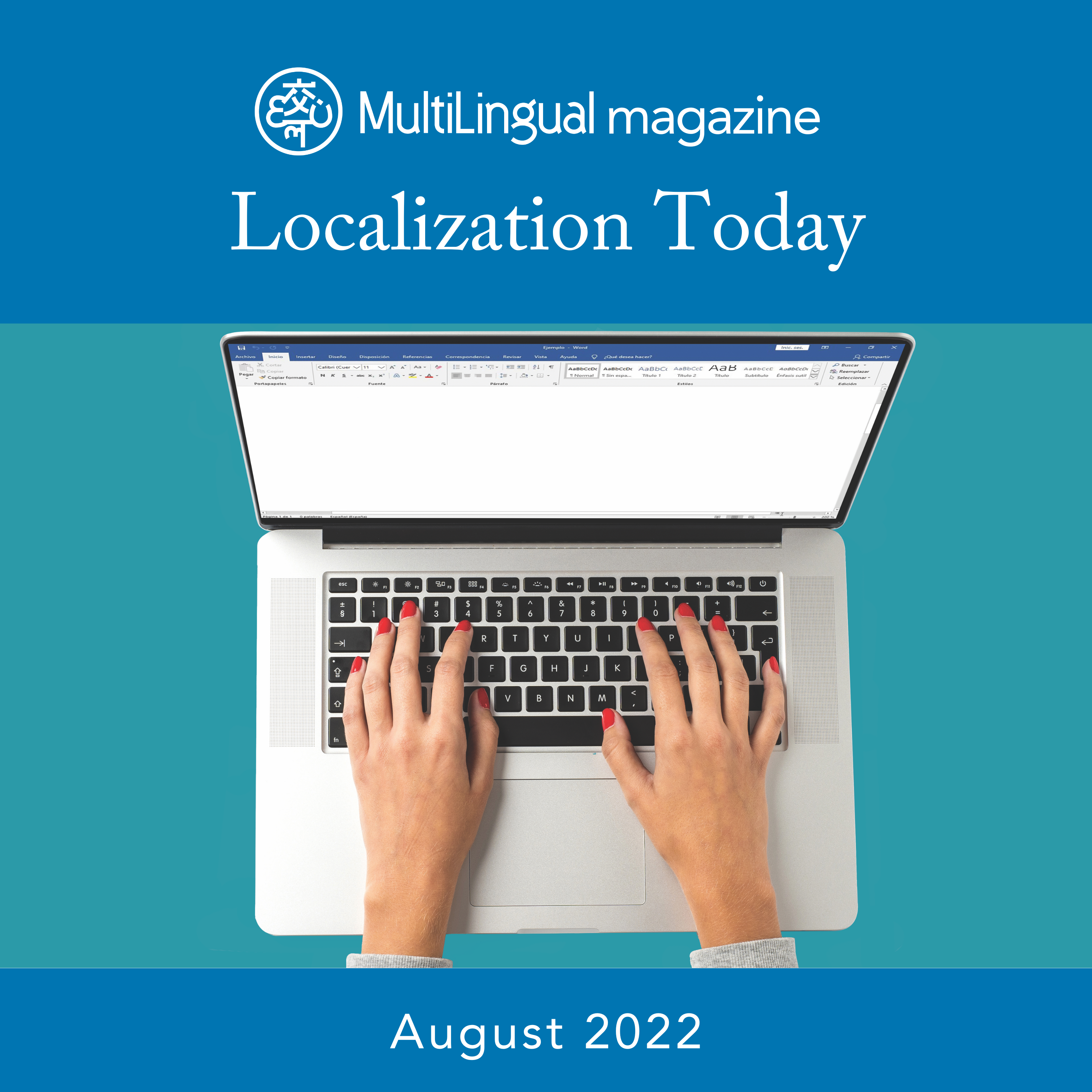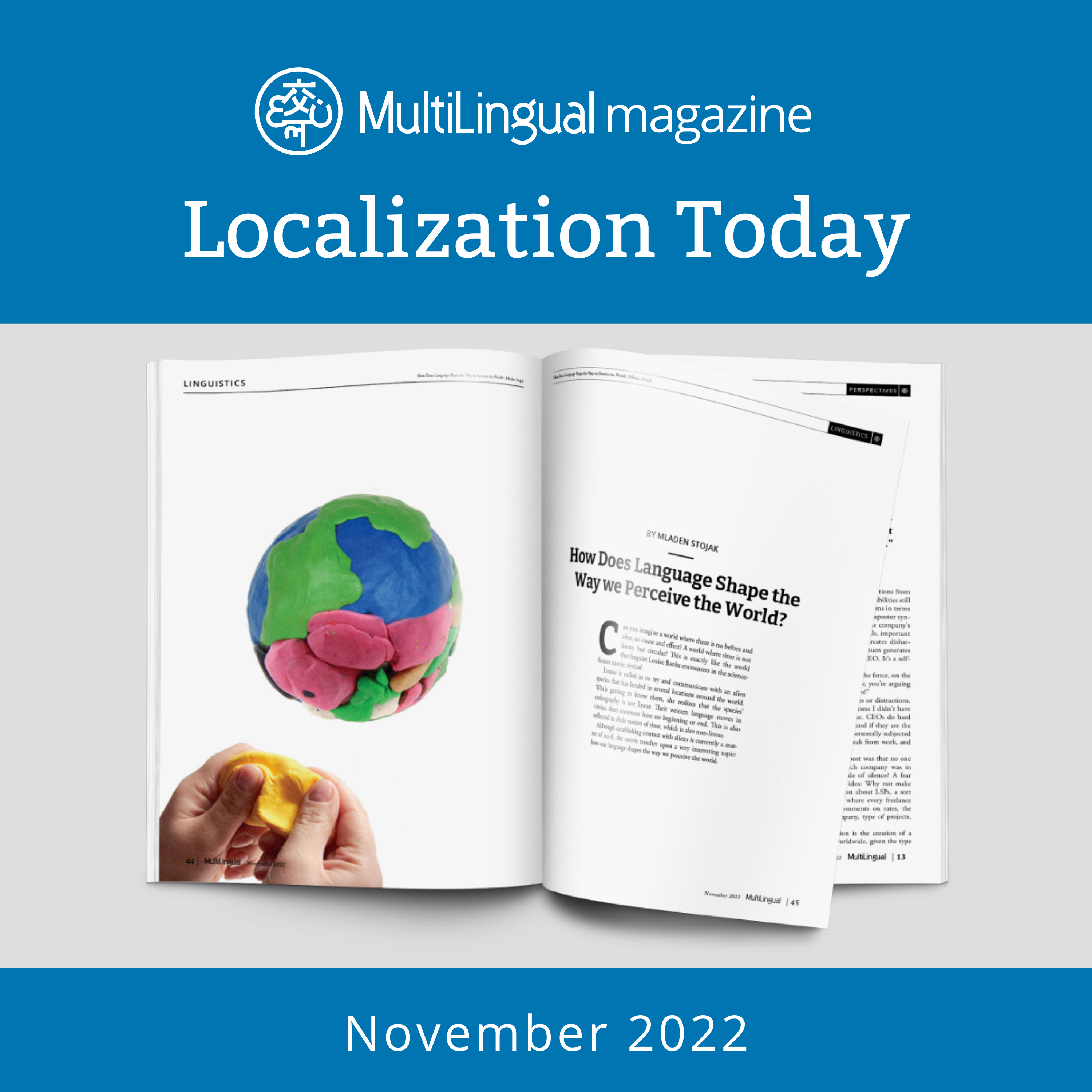Episode Transcript
[00:00:00] In Africa, time is not money. By Michelle Raby if you have ever worked with a vendor from an african country, you are probably familiar with the concept of african time. African time is not a time zone in Africa, but rather a perceived alternate dimension in which time seemingly doesnt matter. When youre on african time after the deadline has passed, the linguist will promise you that the job will be sent now, now, or just now. It is your own fault for assuming that any of those terms mean that you will receive the work anytime soon. Non Africans often wonder about the reasons behind african time. When you search for the term in Google, you get thousands of results, more than four african culture or african politics from the multitude of results, the politest explanation states that we Africans have a more emotional time consciousness as opposed to the western mechanical time consciousness. A more critical take is that we simply use it as an excuse for being late. But in reality we have many legitimate reasons for delivering projects late. We work with developing languages where a lemma ratio of nine one is considered good. Using English and Zulu as examples, this means that English has roughly nine times more words than Zulu, with a severe lack of terminology, dictionaries and standardized orthographies, not to mention a surplus of physical challenges like rolling blackouts, Internet outages, damage prone buildings, and the constant threat of criminal activity, it is actually surprising that we deliver it all. Many clients and project managers from multi language vendors in developed countries dont fully grasp the realities of working with non standardized, low resource languages, treating them exactly the same as mature languages. But this is misguided. Let me illustrate with an imagine a client asks both a french artist and a zulu artist to paint the Mona Lisa. The french guy has a studio with thousands of pre mixed colors, brushes, palette knives and canvases to choose from. The Zulu artist, on the other hand, has one wonky brush and a palette of the three primary colors. Yet both artists are paid the same given the same turnaround time and measured against the same quality metrics. Now dont get me wrong, Africa has strong, tenacious people. The Zulu guy will get there. He just needs a bit of extra time. I have lived in Africa my whole life. It is a beautiful continent, but it has been scarred by unspeakable violence and pain. Life in Africa for most people is not a picnic. It is a daily fight for survival. And when you battle poverty, hunger, disease and oppression, time is not a commodity to be sold to the highest bidder. So what am I saying? That because we struggle we need special treatment? That the rules do not apply to us? That we should be excused from meeting deadlines. No, we are not asking the rest of the world to fix our problems. We are not asking for sympathy, charity or donations.
[00:03:07] But please help us with terminology development by building this process into the project workflow and timelines. Help us by spending more time on creating plain language instructions. It is not that we are stupid, but English is not always our first or even second language. Help us by localizing and writing the source text in plain language before translation so that we dont spend days trying to decode terminology.
[00:03:31] Help us by not forcing us to use tools that are unaffordable, difficult to master and dependent on a stable Internet connection. As a linguist, project manager and vendor from Africa, I am asking you to do this not because you are rich and we are poor. I am not asking because you owe it to Africa.
[00:03:49] I am asking because as language professionals we owe it to the industry, our linguists and our clients.
[00:03:56] Africans have a saying, if you want to go fast, go alone. If you want to go far, go together.
[00:04:03] In Africa, time is not money, it is a teacher. Its a heartbeat, a living thing that must be treasured, not sold. If you decide not to act on what could very well be the naive ramblings of an overworked optimist, try and remember only this one. The moment you focus on the person instead of the deadline, you have conquered. African Time this article was written by Michelle Raby, a self confessed text addicted logophile with a raging love for most people, poetry and her cats.
[00:04:33] This year is her 25th in the language industry. Originally published in multilingual magazine, issue 229, June 2024.


